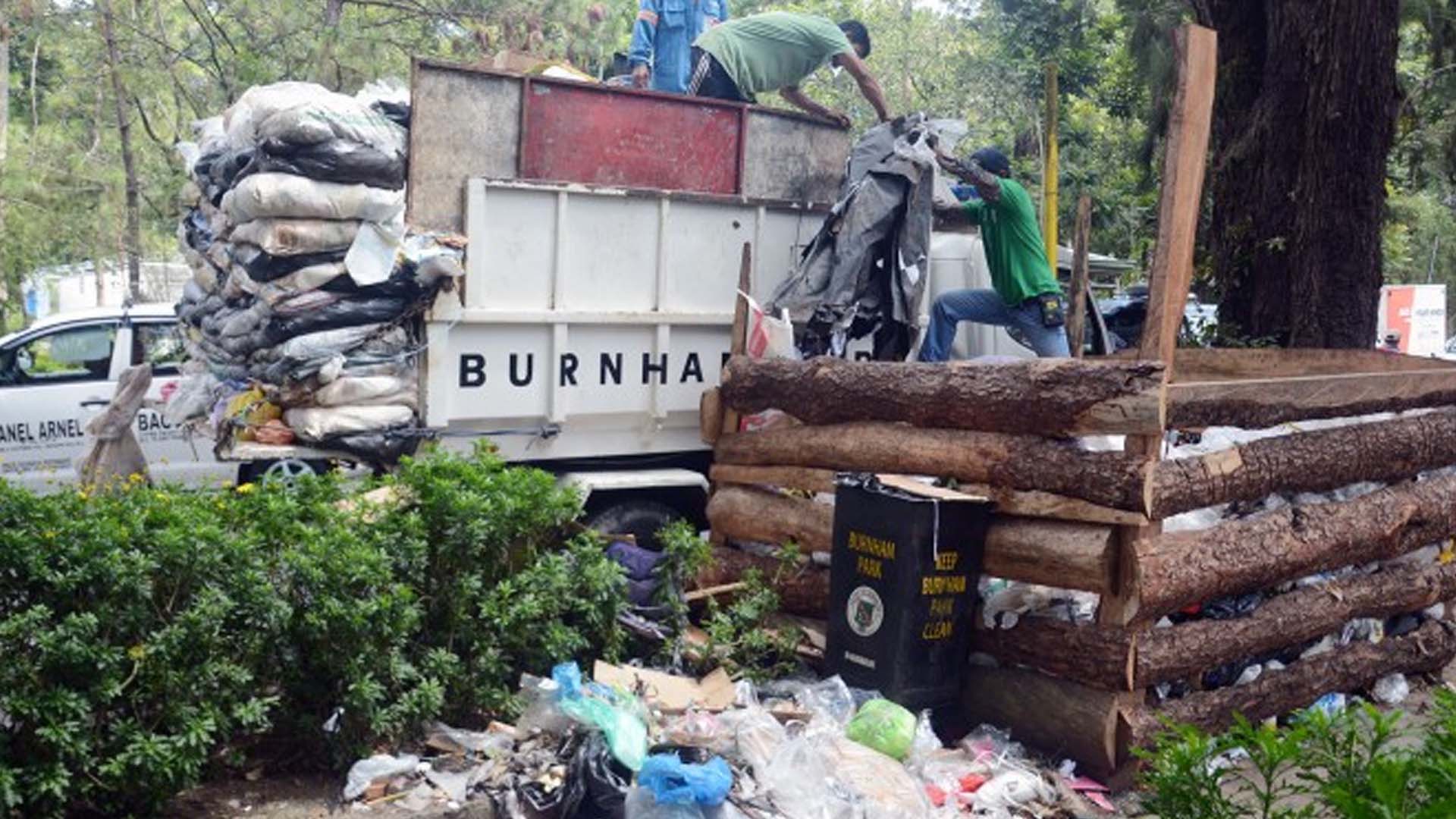Four villages in this city have been identified as pilot areas where the mandatory segregation of wastes will be done.
The pilot areas are Irisan, the biggest village here, Bakakeng Central, Guisad Surong, and Gibraltar where major tourist destinations are located.
General Services Office chief Eugene Buyuccan said in a media interview Friday that only residual wastes may be brought out on collection days to encourage residents to segregate.
Residents can sell recyclable materials to their villages’ material recovery facility or they will be collected by the local government’s partners.
He explained that the aim aims to be compliant with Republic Act No. 9003 or the Ecological Solid Waste Management Act, which mandates that segregation and collection of solid waste shall be conducted at the barangay level specifically for biodegradable, compostable and reusable wastes, provided that the collection of non-recyclable materials and special wastes shall be the responsibility of the municipality or the city.
Memorandum 111-2024 issued by Mayor Benjamin Magalong also sets out to boost the city’s campaign for waste reduction and waste-to-resource in line with the circular economy concept targeted to minimize waste and promote sustainable use of natural resources.
“If this proves to be successful, then we can adopt the system in all barangays,” the mayor said in a statement.
The experimental waste-to-resource collection scheme will be implemented from Sept. 9 to Dec. 31 to boost the city’s waste reduction campaign.
Magalong earlier expressed readiness to transform the city into a green economy where waste management and energy efficiency are enhanced through circular economy and renewable energy development.
He said this is one way to arrest urban decay, mitigate the climate crisis and achieve the city’s vision of becoming a livable, inclusive and creative city, with the help of the residents. (PNA)







